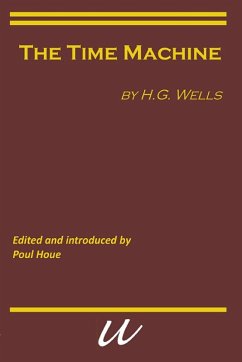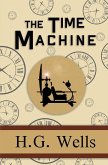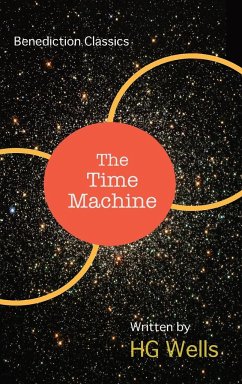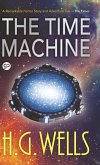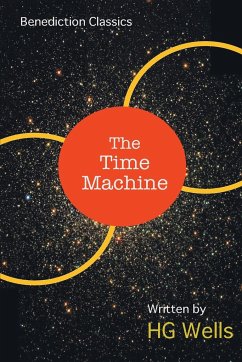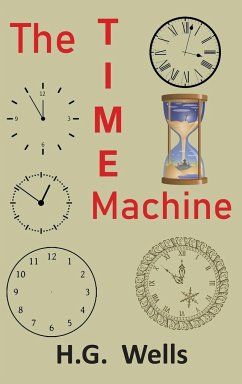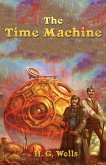The Time Machine redefined the science fiction genre to include concepts like spacetime, as well as recent innovations in biology and sociology. H.G. Wells' text, first published in serial format, became an instant hit, and has since become the centrepiece of not only numerous films and radio plays, but of our very conceptualisation of the future. As Poul Houe notes in his newly written introduction, "by way of the Time Machine we can travel out of 'Now' into both the distant past and future." Sometimes referred to as having prophetic abilities H.G. Wells' described a future that is credible and characterised by inventions that combine utopian and dystopian sentiments. Coupling Wells' text with Houe's introduction, and a newly written biography of H.G. Wells, this volume makes the classical text available to new generations of readers.
Hinweis: Dieser Artikel kann nur an eine deutsche Lieferadresse ausgeliefert werden.
Hinweis: Dieser Artikel kann nur an eine deutsche Lieferadresse ausgeliefert werden.

